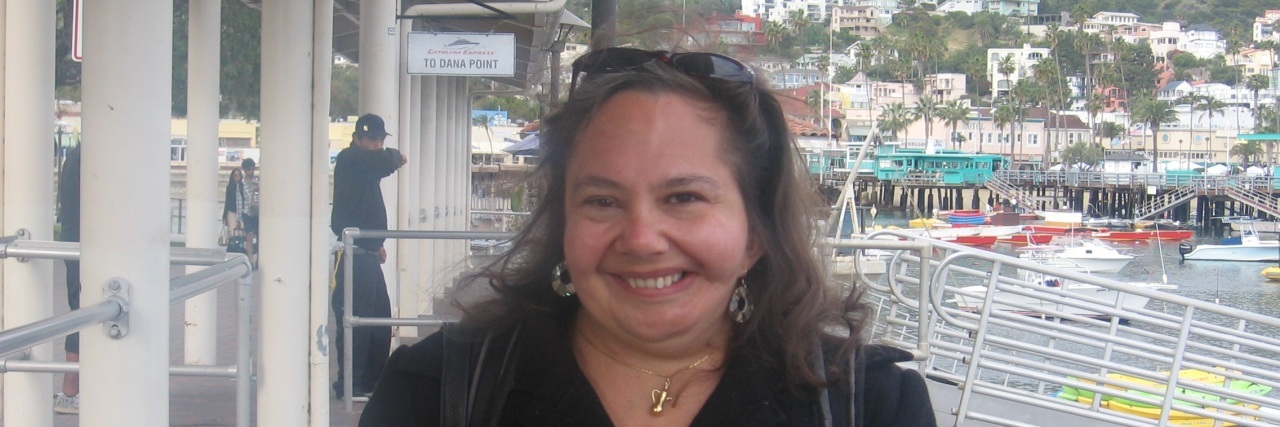“I had a dream about you last night. When I dream about my friends, they always look beautiful — so I saw you without your facial disability.”
This was said to me by my high school friend — one of the few I had at the time — and it was meant to be a compliment and an indication of the high regard she had for me. During my high school years I felt I had so few social and emotional resources from which to draw, I decided to take it as a compliment even though it gnawed at me subconsciously.
Throughout high school, that same friend liked to try new makeup tricks or hairstyles on me to hide my asymmetrical jaw line and unequal eyes. I let her do it as I had the typical teenage interest in my appearance, though again, I barely acknowledged the little voice in the back of my mind that was bothered by her
emphasis on covering my disability. I came from the standpoint of just liking playing with hair and makeup. It had never occurred to me to use those skills to “hide” my deformity. Even when I was younger, my well-meaning mother concerned about bullying would argue with me when I wanted to put my hair in pigtails and
expose my non-identical ears. So as a teenager, though I wanted to use makeup and wear my hair in the latest styles like everyone else, it wasn’t with the intent to deny my congenital differences, I just wanted to do what every other teenager did.
Years later, as an adult and long after I lost touch with my high school friend, I thought about these events when I heard people saying the now familiar phrase “I never treat/see you as having a disability,” often in a proud or self-satisfied tone. See, I am very “high functioning” (whatever that means) and despite my career in Special Education, have little association with the disabled community. Again this phrase triggered uneasiness in me. I wanted to take it as the compliment it was intended to be. Don’t get me wrong — I love and appreciate the warm sentiment behind those words, but I am concerned about whether people are really thinking about what those words can mean.
- Saying “I don’t see/treat you as having a disability” indicates it is more positive to not have one.
- Saying such things ignores and gives no value to a person’s disability, when in fact it will likely have contributed to the person’s experiences and worldview in many of the same ways as one’s heritage
might.
- Saying, “I don’t see your disability” makes me insecure. When I need your help or understanding to manage my disability — as will inevitably happen — will you be supportive or will you place all the responsibility on me as if I can turn it on and off at will?
Words are very important, as they reveal your thoughts. As an adult, I can see behind words to intent and see with a certain amount of understanding the worldview my friend had at that time, to think that the backhanded compliment she gave me was acceptable. I can even have compassion for myself for not having the emotional resources to correct her. But those words, that thinking can follow us as adults.
Ableist language devalues the whole person. Whether I want it to be or not, disability is part of me. It shapes my worldview, experiences and personality to some degree or another in a variety of ways, and thus my
interactions with people around me. Telling me you don’t “see” my disability or that you would never treat me as having one says to me that I am only partially worth acknowledging. But my disability does not break me in two. It makes me whole. That’s just the way it is. I cannot change the way I am. But you can change the words you use — and with that, the way you think. Try it some time.
We want to hear your story. Become a Mighty contributor here.
Photo by contributor.

